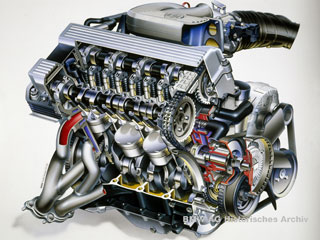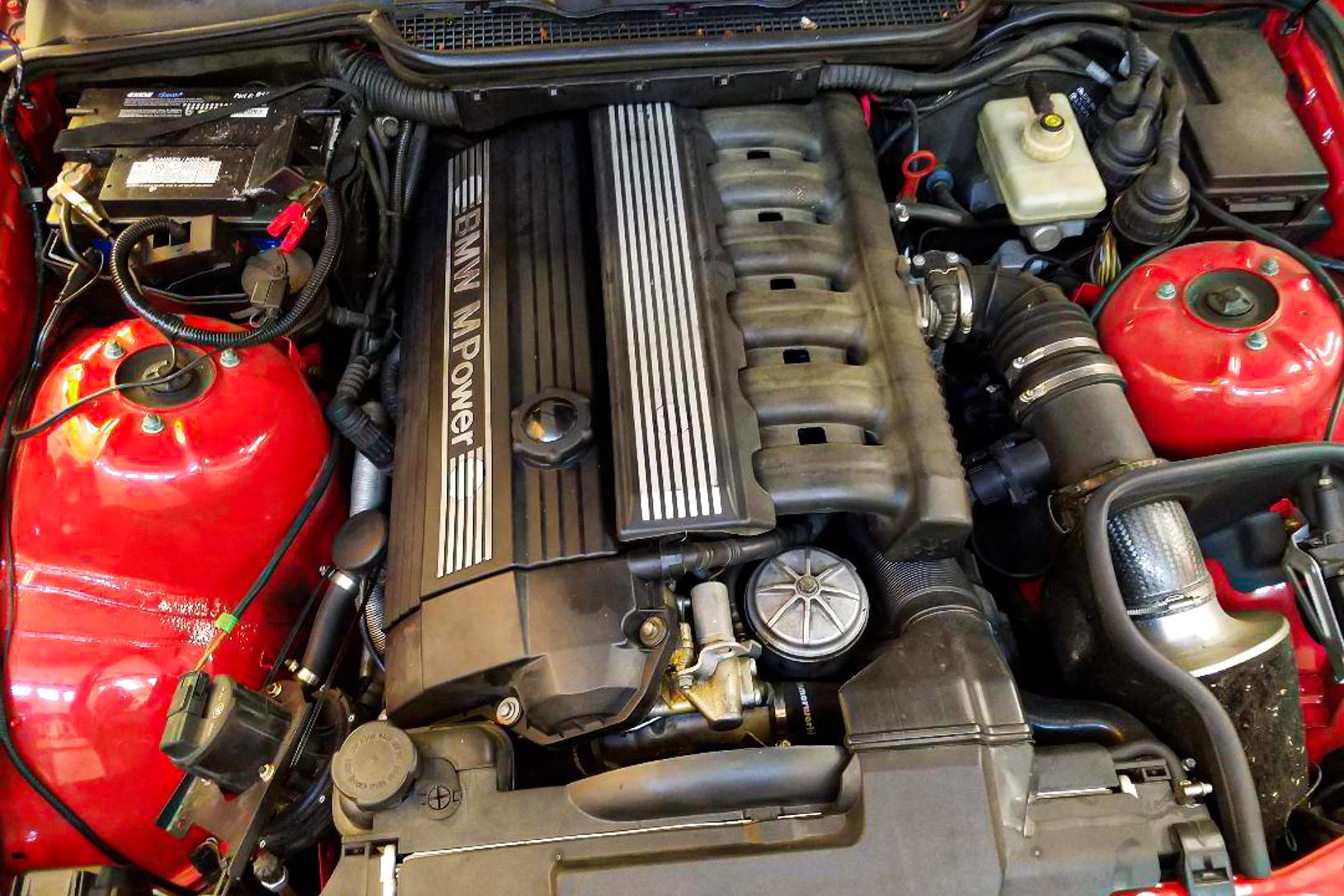Just how to Keep Your BMW 318ti Running Smoothly for many years
Just how to Keep Your BMW 318ti Running Smoothly for many years
Blog Article
Crucial Considerations for Picking the most effective Engine for Your Demands
In the realm of choosing the excellent engine to satisfy your needs, several crucial variables demand careful consideration to ensure optimum performance and efficiency. From the nuanced equilibrium between power and performance to the often-overlooked aspects of upkeep and service demands, each facet plays a crucial role in determining the most suitable engine for your details needs. As the complexity of engine innovations proceeds to evolve, critical the most fitting option necessitates a deep understanding of the interaction between various factors to consider. By checking out the intricate web of variables that underpin this decision-making procedure, a more clear course emerges in the direction of selecting an engine that not only satisfies yet exceeds your expectations.
Power and Performance
When reviewing engines for optimum performance, it is essential to prioritize both power result and efficiency. Effectiveness refers to how well the engine converts gas right into useful power. By very carefully examining both power and efficiency, you can select an engine that delivers ideal performance and meets your demands properly.
Gas Efficiency and Economy
Gas performance refers to the engine's ability to transform fuel right into energy with marginal waste, straight impacting operating costs and ecological sustainability. Engines with greater gas effectiveness not just lower gas expenditures however also reduce carbon emissions, adding to a greener operation.

Compatibility and Application
Thinking about the gas effectiveness and economic climate of an engine, the following crucial facet to address is its compatibility and application within details operational contexts. Compatibility describes exactly how well the engine integrates with the total system or equipment it powers. It includes factors such as physical measurements, installing options, electrical interfaces, and control systems. Making certain compatibility is vital to prevent problems such as getting too hot, resonances, or power imbalances (bmw 318ti).
Furthermore, the application of the engine is just as essential. Various engines are designed for details objectives, whether it be commercial machinery, aquatic vessels, vehicles, or power generators. Comprehending the intended application permits for the selection of an engine that can supply the required power output, torque, and operational characteristics. A high-revving engine created for performance cars and trucks would certainly not be appropriate for sturdy building equipment that calls for high torque at low speeds.
Upkeep and Solution Demands
Upkeep and right here solution demands play a critical role in guaranteeing the long life and optimum efficiency of an engine. Routine upkeep is necessary to stop failures, extend the life expectancy of the engine, and keep its efficiency. When picking an engine, it is very important to take into consideration the maker's advised upkeep timetable and the accessibility of service facilities or certified technicians.
Factors such as the frequency of oil changes, filter substitutes, and overall inspections can dramatically affect the engine's performance. Some engines might call for even more constant servicing based upon their layout and use, while others might have longer intervals in between maintenance checks. It is crucial to comply with these solution demands to stay clear of expensive fixings and unforeseen downtime.

Expense and Spending Plan Factors To Consider
Budget plan restrictions often play a significant function in the decision-making process when selecting an engine for a specific application. When taking into consideration the expense and budget plan ramifications of choosing an engine, it is vital to examine not just the preliminary purchase rate but also the long-term expenses related to maintenance, gas intake, and potential hop over to here upgrades or repair work. It is crucial to strike an equilibrium between the in advance expense of the engine and its total lifecycle prices to make sure that the chosen engine continues to be monetarily lasting throughout its operational lifespan.
Elements such as fuel resilience, reliability, and effectiveness can directly affect the overall cost of possession of an engine. While a much more expensive engine may have higher upfront prices, it can possibly result in lower upkeep and fuel expenses over time, therefore providing much better value in the long run.
Final Thought

Gas effectiveness refers to the engine's capability to transform gas into energy with marginal waste, straight affecting operating expenses and environmental sustainability.Factors affecting gas efficiency consist of engine style, combustion efficiency, and total efficiency optimization. Additionally, choosing the appropriate gas kind and grade as advised by the engine manufacturer can better improve efficiency and prolong engine life-span.
Engines with excellent use features and readily available parts can decrease upkeep costs and minimize the time the engine is out of procedure - bmw 318ti. It is essential to strike a balance in between the upfront price of the engine and its overall lifecycle prices to guarantee that the selected engine remains monetarily sustainable throughout its operational lifespan
Report this page